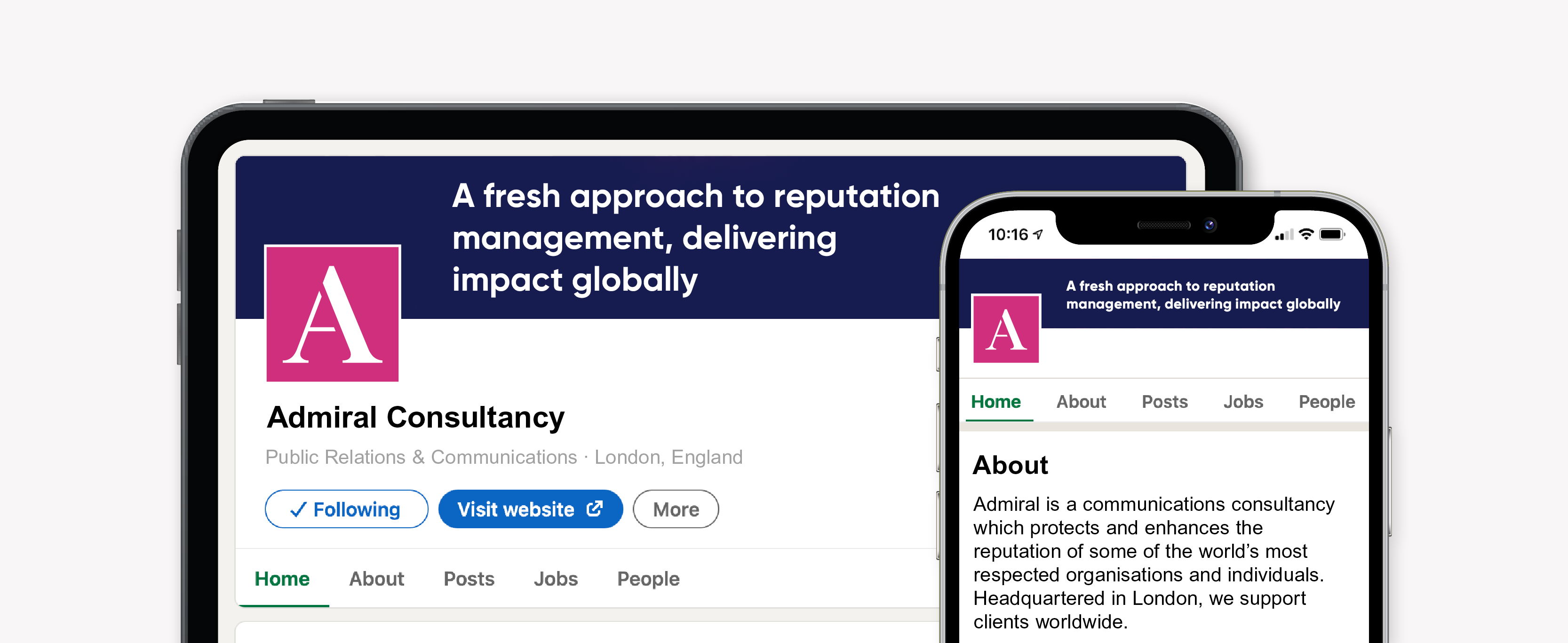
It’s official. The Oxford English Dictionary has put our minds at rest. The word ‘literally’, much loved by football commentators, has a secondary and less literal meaning. We are now permitted to say that someone literally laughed their head off, literally exploded or became literally pickled as a cucumber without the grammar police coming to literally haul us off to the dungeons.
The latest dictionary revision does not, however, just deal with the newly recognised meanings of existing words. According to Oxford Dictionaries, ‘technology remains a catalyst for emerging words’ and the advent of the ‘phablet’ age has led us to abbreviate and compound words or use them in ways previously unrecognised. We can say the word ‘srsly’ when we are serious, ‘twerk’ when we want to strut our stuff on the dance floor or ‘digital detox’ when we want to have our mobile phone metaphorically amputated from our sweaty palm. They are now recognised as real individual words in their own right, not just sloppy slang; so we can use them freely without the risk of being literally shot down in flames.
Despite the ‘buzzworthy’ hype surrounding the acknowledgement of popularly used new words by the Scrabble players’ bible, it is important to note that, rather than making the question of word choice easier, the technological age has in fact made it harder. The subject of words, and key words in particular, preoccupies marketing agencies and PR professionals worldwide.
In the early days of search engines, the regular use of key words could assure a brand a reasonable ranking in a search list. Google’s dominance has, however, altered that because its constantly changing algorithm strives to ascertain not just the number of times a word is mentioned but how interesting other people find the article, how often they create links to or from a site and how often they share its content.
The bad news is that you cannot get the office junior to cobble together an article that mentions the word ‘pension plan’ fourteen times and be assured a place on the first page of a Google search. The good news is that your competitors cannot use those tactics either. The value of websites, and blogs in particular, is in the interest they hold for the reader; the sheer readability of them. They literally need to jump off the page, put a smile on your face or hit you over the head to be effective.
